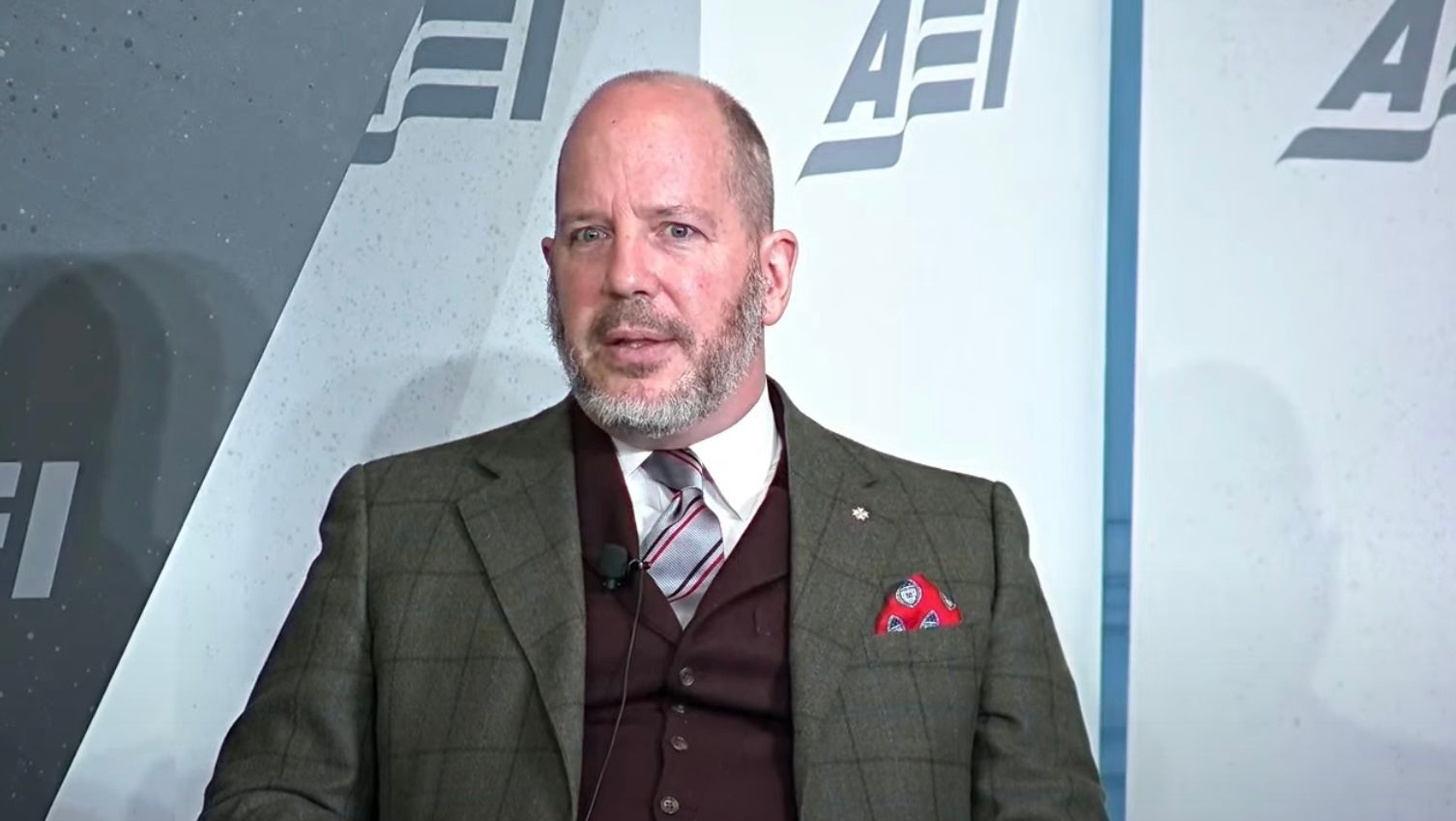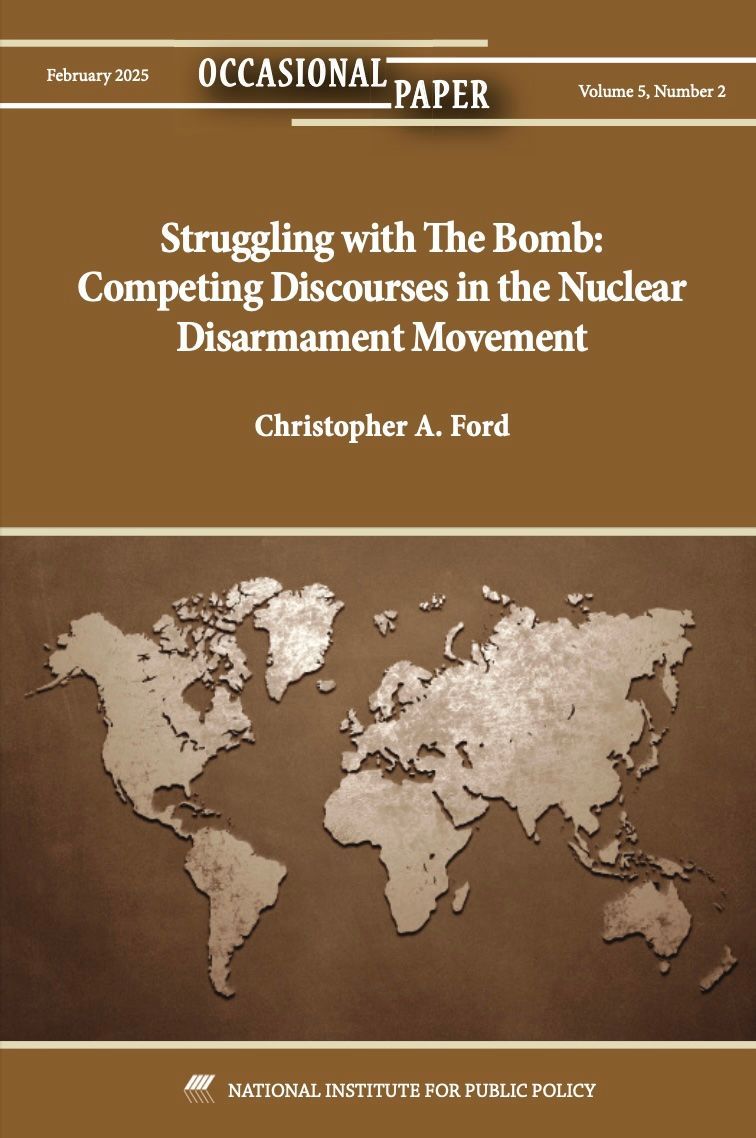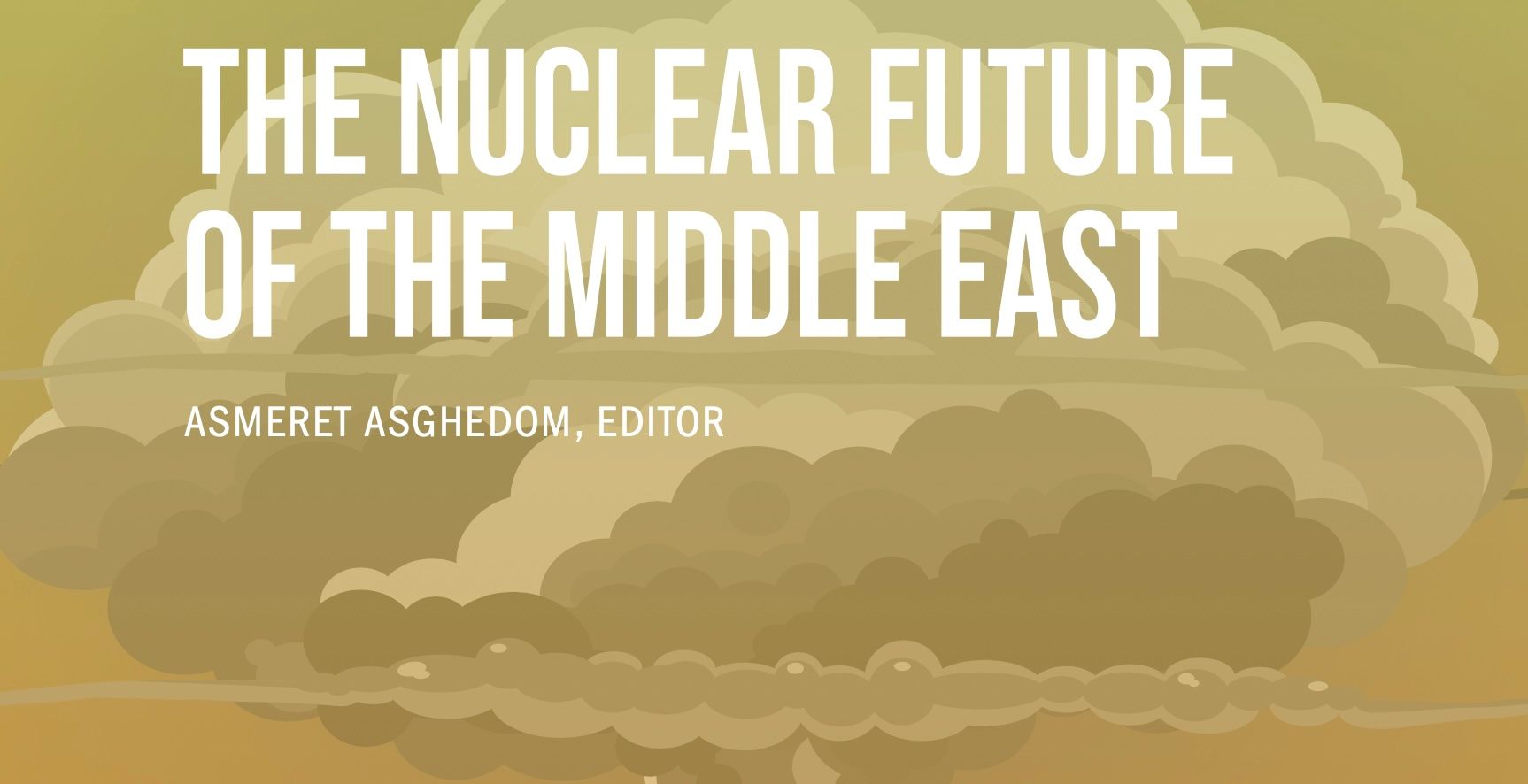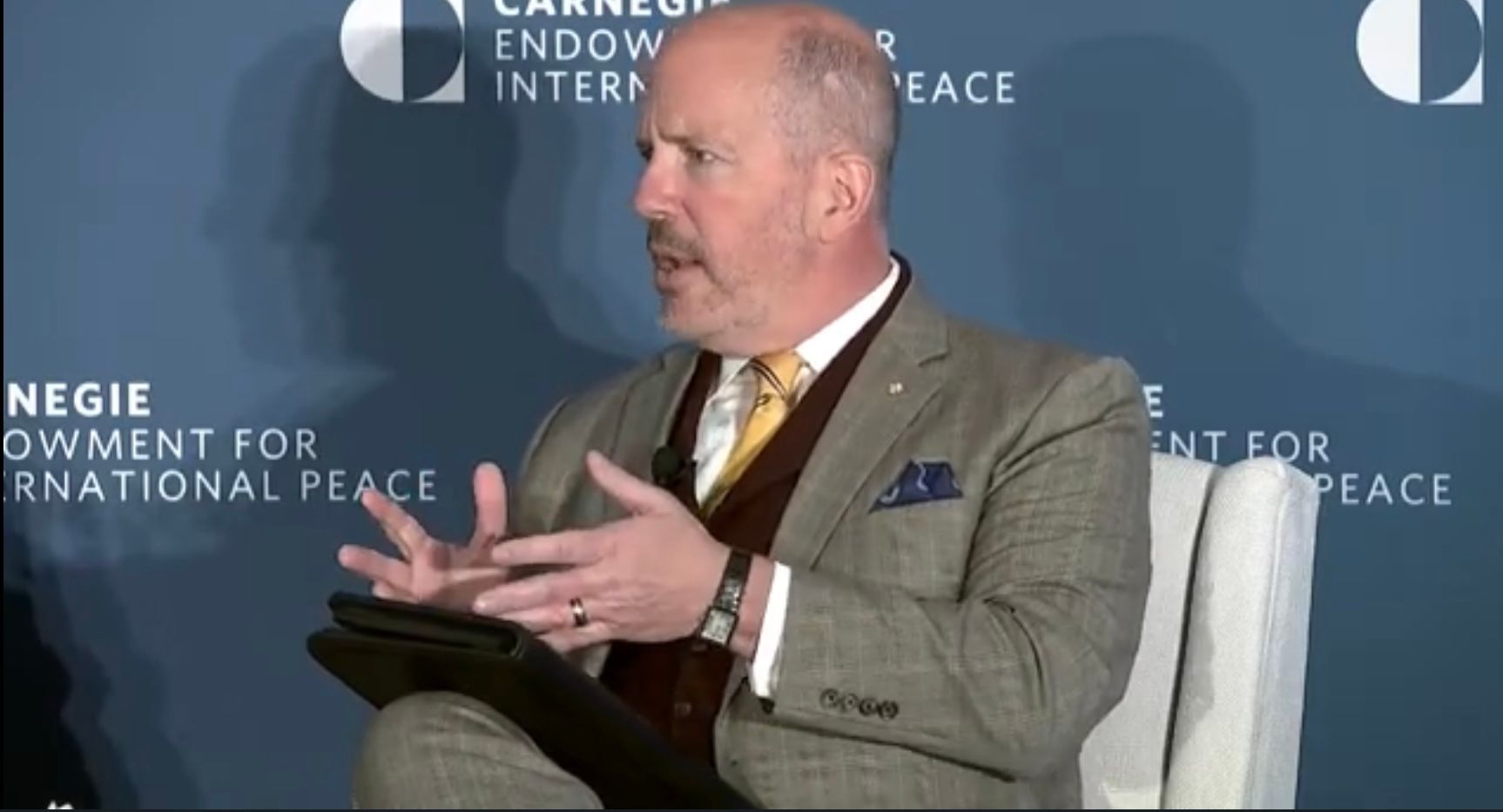Outbound Investment and China’s “Leverage Web”
Below is the text of Dr. Ford's comments at an event the American Enterprise Institute on February 13, 2024, on U.S. outbound investment screening.

You can watch the whole event here, on AEI's website.

Good morning. I can offer only my personal views, which don’t necessarily represent those of anyone else. I’m also not an expert on the world of investment and finance.
But I do know at least something about strategy and Chinese foreign relations, so what I hope to do today is offer you some thoughts to help frame our discussion on outbound investment screening – comments which will help explain why I share my fellow panelists’ concern with the way that U.S. investment in China has skyrocketed since 2017, and with the opacity of this investment.
We Americans often tend to assume that other countries undertake economic relationships primarily for economic reasons. But what we often miss in dealing with the PRC is the degree to which there is a very deliberate strategic aspect to China’s economic, trading, and investment relationships.
China always looks for ways to leverage and weaponize trading and investment relationships for political and strategic gain – and even to undertake them on deliberately uneconomical terms, precisely in order to entangle others in asymmetric ties of dependence upon China that the CCP can thereafter exploit.
If you listen to Xi Jinping talk, you’d think China bestows trading relationships upon other countries as acts of imperial benevolence, as a kind of public good for the world. The reality of such relationships, however, is that they tend to be profoundly asymmetrical, creating vast hub-and-spoke networks of bilateral dependency upon China. This asymmetry is the objective.
As I’ve pointed out elsewhere, it’s part of PRC strategy to minimize China’s dependence upon foreign trade while still maximizing the dependence of the rest of the world upon Chinese industry. It’s not clear how successful this effort will be, but whether or not things like China’s “Belt and Road Initiative” and “dual circulation” concepts are actually economically successful, Beijing works to ensure that such relationships are always managed to Beijing’s advantage – to create what I have termed “leverage webs” that Beijing is thereafter able to exploit for strategic purposes.
If you’ve been paying attention, you’ll probably have noticed these webs all around you in the modern world. For China is in no way shy about cutting off and penalizing foreign companies, celebrities, law firms, entire countries, and indeed anyone else who dares even to say anything the CCP finds distasteful. This is how the CCP has been trying gradually to export aspects of China’s own system of social control, by degrees, to the rest of the world.
This is crucial context for understanding all of China’s economic relationships, including those with the United States – and including investment relationships.
Nor is this really a new phenomenon. It has long been possible for CCP officials to look to members of the U.S. and international business community who want to make money in China for support in pushing back against those who raise concerns about the PRC’s strategic ambitions and the threats these ambitions present for the United States and the rest of the world.
You may remember, for instance, how after President Bill Clinton first took office, a concerted effort was begun to convince him to abandon his campaign promises of linking China’s most favored nation (MFN) trading status to progress on human rights. As the Sinologist John Garver has described this, “[t]he most important of the[] tactics” adopted by the CCP was “the mobilization of the US business community. Chinese representatives visiting the United States spread the message that China’s loss of MFN status would injure U.S. businesses.” And indeed,
“China’s tactics were successful. A large part of the US business community mobilized to lobby against Clinton’s linkage policy. … By early 1994, it was clear that Clinton would not be able to follow through on his threat, even though China had not delivered ‘significant overall progress’ on human rights.”
That’s just one example, though it’s particularly striking one coming so soon after the CCP’s massacre of Chinese students and workers on Tiananmen Square in June 1989. Those of us who have been around Washington for a while will also remember other episodes – from U.S. defense contractors helping China improve its intercontinental ballistic missiles by assisting it with its “Long March” rocket booster so American firms could more profitably take advantage of Chinese satellite launch services in the 1990s, all the way up to the reported ten standing ovations U.S. business leaders gave Xi Jinping in a November 2023 banquet in San Francisco.
With apologies to Charles Wilson – who is remembered, albeit apparently wrongly, as having declared in 1953 that “What’s good for General Motors is good for America” – it is most emphatically not the case that whatever is profitable for U.S. business leaders in dealing with China is actually good for the United States.
Some engagements with China – however profitable they might be for those involved – may in fact be terrible ideas for America, playing into Beijing’s strategy both by making the CCP stronger and by giving it more ways to manipulate us and others.
This is the context we need to keep in mind in thinking about issues such as outbound investment screening. I myself don’t have a hard-and-fast view on exactly what should be screened and how we should do it, but I do believe that if we don’t keep the PRC’s “leverage web” strategy in mind as we contemplate such policy issues, we’re missing the boat – potentially dangerously.
From a purely economic point of view, I would think there are already powerful reasons for U.S. finance to be very wary of investments in China. And this isn’t just because the bloom may be fading from the Chines economic rose.
It’s also because if you’ve got any significant investment in China, you can’t be confident you’ll ever be permitted to get it out if you want to. The CCP is very concerned about capital flight, and it seems to scrutinize such flows with an increasingly careful eye, while being both very skittish about anything that might seem to signal lack of confidence in the Chinese economy and entirely willing to impose economic penalties on any foreign entity that says or does anything that displeases it.
The combination means that, as a practical matter, U.S. investments in China are easily transformed into tools of leveragefor the CCP on political, rather than economic, grounds. Remember how China gratuitously seized two innocent Canadians as hostages on cooked-up spying charges after Canada moved to arrest Huawei executive Meng Wanzhou in response to a U.S. indictment and extradition request for Iran sanctions violations? And how they quickly released these “dangerous spies” after Meng was sent home?
Well, if China can do it with foreign citizens, it certainly do it with your money!
It’s crazy if U.S. investors aren’t already worried about this for themselves, but this also ought to be a point of concern for U.S. policymakers. These dynamics mean that investors with a lot of money in China are to some extent themselves hostages to the CCP’s political goodwill, and therefore vulnerable to CCP influence and coercion.
To put it crudely, if you’re a U.S. investor with big sums of money in invested in China, it’s the CCP – rather than you – who gets the last word on when, or whether, you can get that money back out. And this gives you powerful reasons to do what the Party wants: to say things or support positions the CCP desires, or at the very least not to do things that upset the CCP. It makes you a node in China’s “leverage web.”
And this is something that U.S. policy leaders need to consider, especially given the role that U.S. private sector entities enamored with Chinese markets have played for decades in de facto lobbying for the PRC. There may be lots of ways we can continue to trade with and invest in China relatively safely in the years ahead. But we shouldn’t keep pretending that the CCP is not actively working to “weaponize” whatever entanglements we are willing to accept or cannot avoid.
Unless we acquire some means of understanding the extent to which American money supports activities in China, who it effectively subsidizes, and what its technological, military, and strategic impact is likely to be – and until some mechanism exists to stop outbound investments that careful analysis indicates are likely to work against our national security and strategic interests – I fear we’re playing right into Beijing’s game.
-- Christopher Ford
NOTES
__________________
(1) John W. Garver, China’s Quest: The History of the Foreign Relations of the People’s Republic of China (Oxford: Oxford University Press, 2016), at 533-35.








